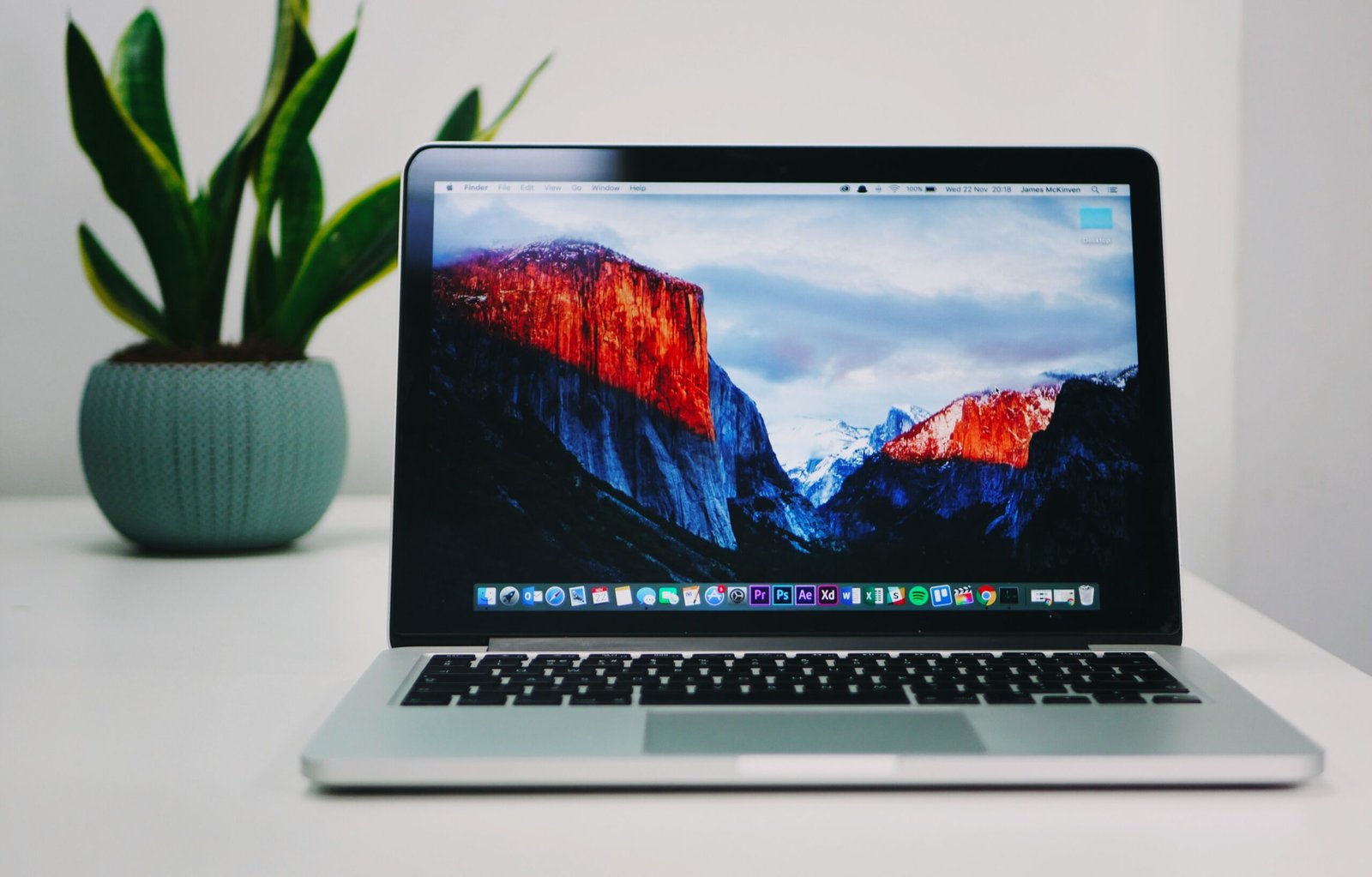Introduction
When it comes to buying a laptop computer, there are several technical specifications that you should consider. These specifications will determine the performance, functionality, and overall usability of the laptop. In this article, we will discuss the key technical specifications that you should keep in mind when making your purchase.
Processor
The processor is the brain of the laptop, and it plays a crucial role in determining its performance. When considering the processor, you should look at factors such as the number of cores, clock speed, and cache size. A higher number of cores will allow for better multitasking, while a higher clock speed will result in faster processing. Additionally, a larger cache size will enable the processor to retrieve data more quickly, improving overall performance.
RAM
Random Access Memory (RAM) is another important specification to consider. RAM determines how much data the laptop can store and access quickly. When it comes to RAM, the more, the better. A higher amount of RAM will allow for smoother multitasking and faster performance, especially when running resource-intensive applications such as video editing software or virtual machines.
Storage
There are two main types of storage options available in laptops: Hard Disk Drives (HDDs) and Solid State Drives (SSDs). HDDs offer larger storage capacities at a lower cost, making them suitable for storing large files such as videos and games. On the other hand, SSDs are faster and more reliable, resulting in quicker boot times and faster data transfer speeds. If speed and performance are your priorities, consider opting for a laptop with an SSD.
Display
The display is one of the most important aspects of a laptop, as it directly affects your visual experience. When considering the display, you should look at factors such as size, resolution, and panel type. A larger display will provide a more immersive viewing experience, while a higher resolution will result in sharper and more detailed visuals. Additionally, different panel types, such as IPS or TN, offer different color accuracy and viewing angles, so choose one that suits your needs.
Graphics
If you plan on using your laptop for gaming, graphic design, or video editing, the graphics card is a crucial consideration. Integrated graphics, which are built into the processor, are suitable for basic tasks such as web browsing and document editing. However, for more demanding applications, a dedicated graphics card is recommended. Dedicated graphics cards have their own memory and processing power, resulting in smoother graphics and better performance.
Battery Life
For those who are constantly on the go, battery life is an important consideration. The longer the battery life, the more time you can spend working or enjoying entertainment without having to plug in your laptop. When comparing battery life, keep in mind that manufacturers’ claims may not always reflect real-world usage. It’s a good idea to read reviews and user experiences to get a better understanding of the actual battery performance.
Connectivity
Consider the connectivity options available on the laptop. Look for a laptop that offers a variety of ports, such as USB, HDMI, and SD card slots, to ensure compatibility with your devices and peripherals. Additionally, check if the laptop supports the latest wireless standards, such as Wi-Fi 6 or Bluetooth 5, for faster and more reliable wireless connections.
Operating System
The operating system is the software that allows you to interact with the laptop. The most common operating systems for laptops are Windows, macOS, and Chrome OS. Each operating system has its own features and ecosystem, so choose one that aligns with your needs and preferences. Consider factors such as software compatibility, user interface, and available applications when making your decision.
Conclusion
When buying a laptop computer, it’s important to consider the technical specifications that will determine its performance and functionality. The processor, RAM, storage, display, graphics, battery life, connectivity, and operating system are all key factors to keep in mind. By carefully evaluating these specifications and understanding your own needs, you can make an informed decision and choose a laptop that meets your requirements.
